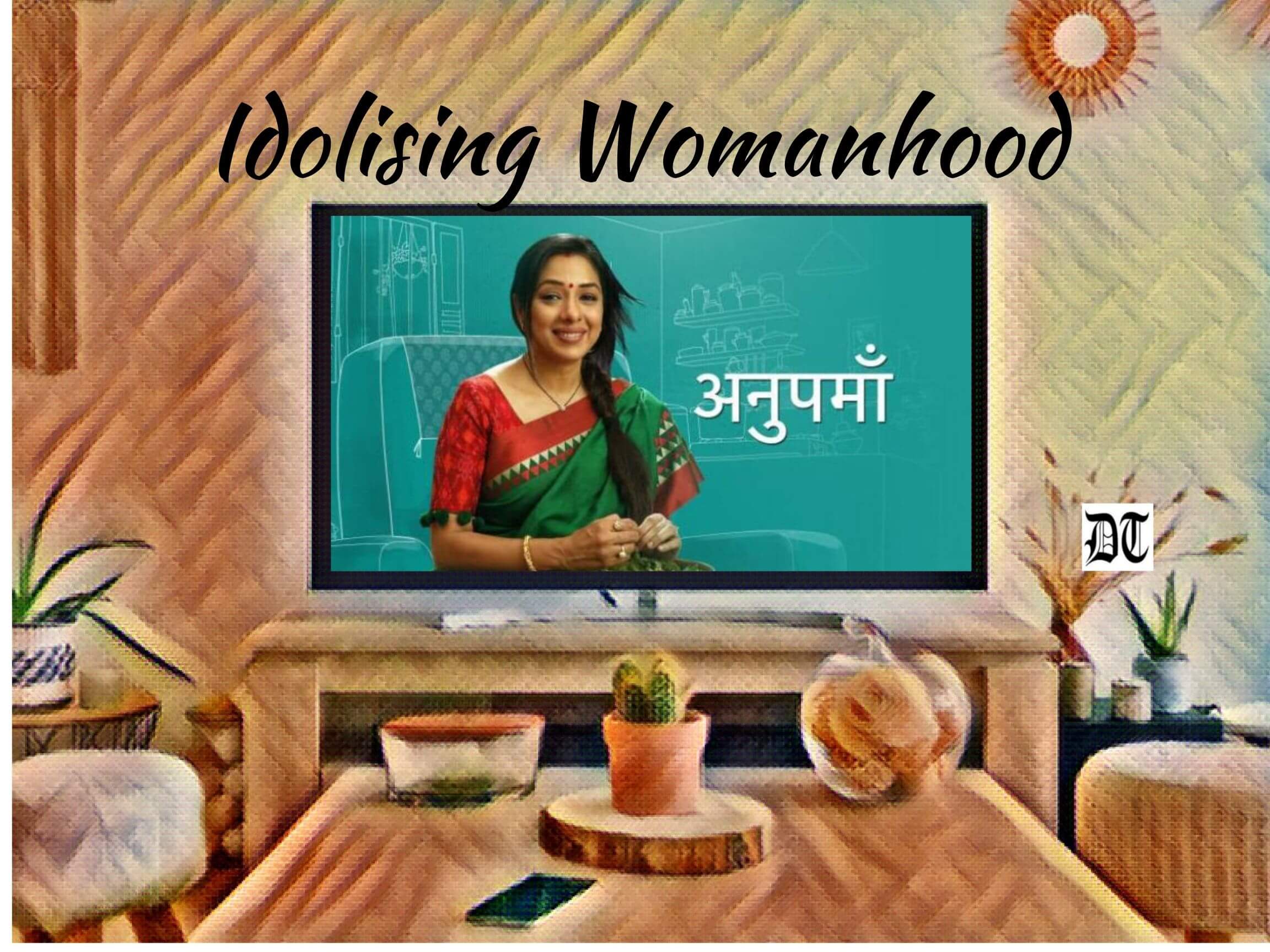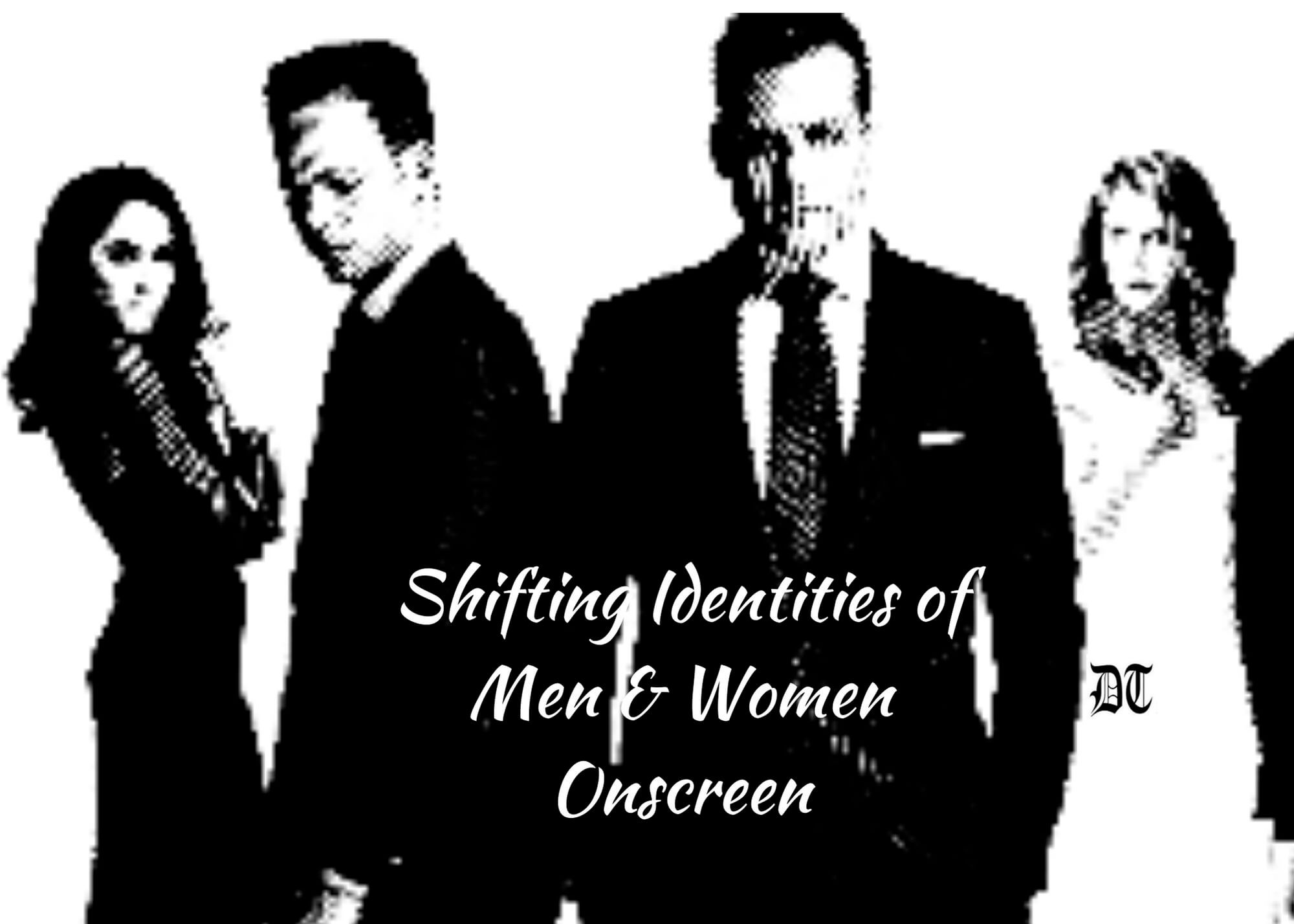It is sad to see Indian television become synonymous with the saas-bahu saga. Back in the 90’s, our television seemed to be far more advanced than today. It had very strong female characters – women walking out of abusive marriages to live with a married boss, career-oriented woman marrying a decade younger guy, Shanti, who was a successful journalist trying to find her place in the society. Shifting away from saas-bahu saga, we have reality shows, which romanticise degeneration of values in the youth. Our news channels have become a source of constant embarrassment and disgust by flashing red breaking news signs that talk about Kareena Kapoor’s pregnancy and Virat-Anushka dance at Yuvraj’s wedding reception. Nikita takes a hard look at the Indian television and its degeneration, in the weekly column, exclusively for Different Truths.
Media has an unparalleled influence on minds of individuals; it influences our decisions, draws conclusions, and impressions. When we regress our women by objectifying them, we give out as a society. Our television shows are sources of information and knowledge. As a historical show tells us about the ancient times and a lifestyle, show inspires us to adopt a healthy diet. What we see on television has a deeper influence on us than we are aware of.
Younger people, especially teens, are much more likely to be affected than older adults are because they are still developing and shaping their worldviews. Since they are being socialised psychologically, they are more likely to absorb many influences, including influences from film and television which can last up to a year, decade, or a lifetime.
Television is the most accessible form of arts. Millions of people all over our country see it. People from all occupations watch television, from the working class to the business class and rich, and it provides a common experience for society to talk about issues.
The very submissive, saree-clad, adorned with sindoor in the forehead, mangal sutra hanging round the neck, glittering with jewels and diamonds is the modern woman of Indian television free of vices like ambition and career, a true tombstone of sacrifice, who apologizes for everything that goes wrong in the Universe.
Indian women are the traditional wives, perfect daughters-in- law and sankari betis (good daughters) on television. What is wrong in it, anyway? Their lives are devoted to husbands and their families. Women are individuals with no personal ambitions but willing to sacrifice everything for the sake of the others. What they want in return is the title of ‘A Good Daughter-in-Law’?
What we see in the Indian daily soaps is scarcely the reality of women.
Ekta Kapoor had poisoned Indian television through her daily soaps where the only dream of a woman is to become a perfect bahu. She is the one who gets up at 5 AM, does morning prayers, cook millions of dishes for one meal, and does daily household chores like dusting, cleaning and washing dishes. She still looks fresh and presentable.
It is sad to see Indian television become synonymous with the saas-bahu (mother-in- law and daughter-in- law) saga. Back in the 90’s, our television seemed to be far more advanced than today. It had very strong female characters – women walking out of abusive marriages to live with a married boss, career-oriented woman marrying a decade younger guy, Shanti, who was a successful journalist trying to find her place in the society.
Shifting away from saas-bahu saga, we have reality shows like Big Boss, Splitsvilla, Dare to Date and Roadies, which romanticise degeneration of values in the youth. Our news channels have become a source of constant embarrassment and disgust by flashing red breaking news signs that talk about Kareena Kapoor’s pregnancy and Virat-Anushka dance at Yuvraj’s wedding reception.
When we put something out for a million viewers, we have a tremendous responsibility for the audiences. We should stop and think, “Are we bringing a positive/negative change in the society.” While television is a wonderful form of media, we have to understand it is more than entertainment, there are all sorts of messages are conveyed.
©Nikita Goel
Photos sourced by the author.




 By
By
 By
By